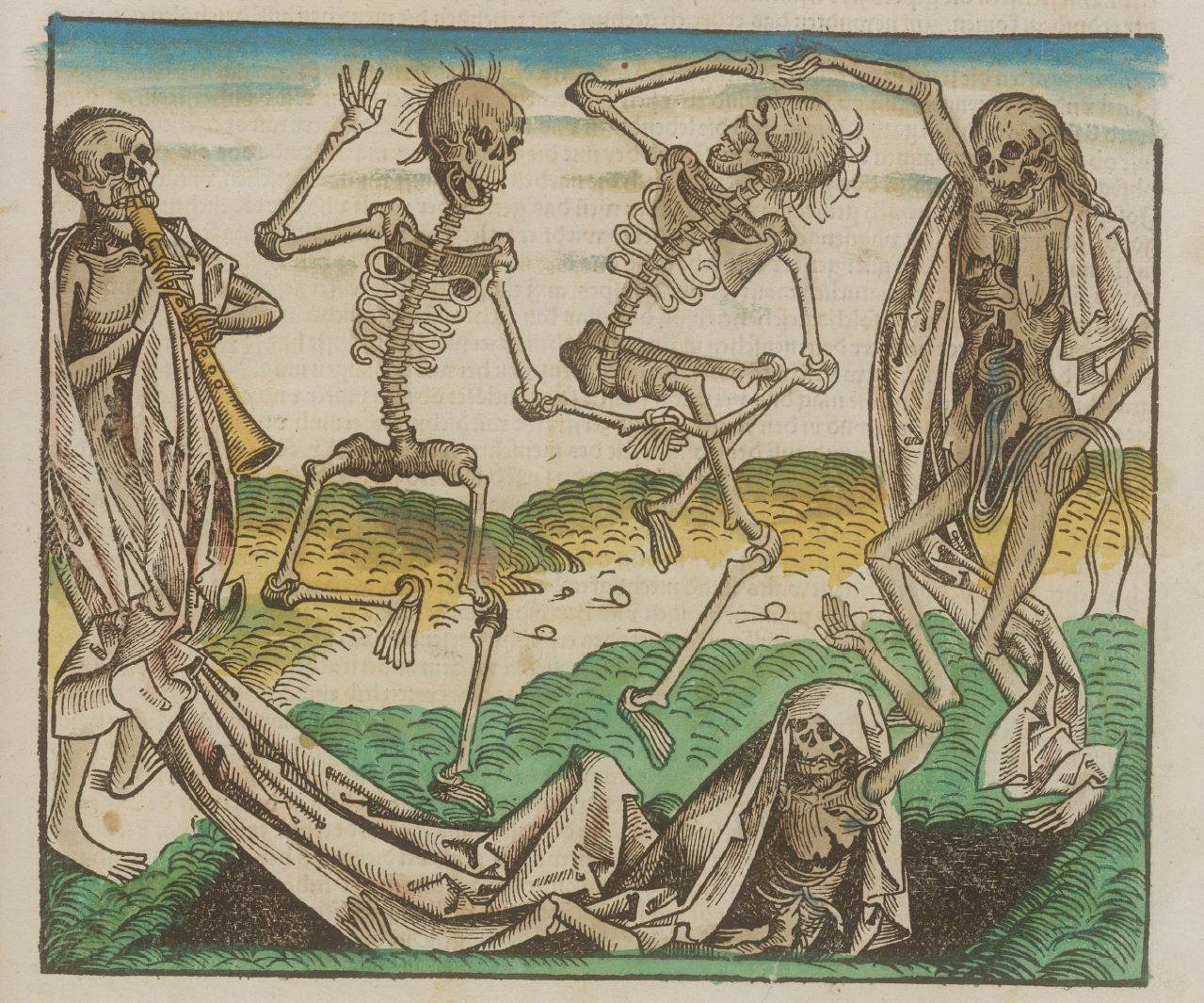I count myself as one of those votaries, working in the vineyard of natural law, who does not find his work among “theories.” I am drawn, with others of my club, to those precepts of “common sense” that ordinary people routinely do grasp in order to get on with the business of life – the things they need to know before they are capable of trafficking in theories. Before anyone engages in banter with David Hume about the meaning of “causation,” he knows – even without realizing that he knows – his own active powers to cause his own acts to happen.
British philosopher John Finnis would point up in this vein the many ways in which people weave into their acts every day an anchoring premise about the goodness of preserving human life. In Finnis’s examples, we look both ways from the curb before we cross the street; we hold drives to rescue people from famine in distant countries. We have not yet exactly constituted a hospital or emergency service built on the premise that the main mission in dealing with an injured person is to dispatch him to his death more quickly in order to relieve his family of hard decisions. With an assumption they never think to question, these services take their mission as the saving of lives.
We can imagine a teacher on the third floor of a school, alerted to a fire, and instructed to get her pupils out of the building. And then let us suppose that she acts on that instruction by throwing them out the window. The case is unimaginable because, as we say, we “expect her to know.” To know what? That her mission, yes, is to get the children out of the building, but in a way that secures their safety and their lives.
What brings all of this up now is that, for the past two weeks, the country has been gripped in the crisis over the COVID-19 virus. The dominant, reigning premise, sweeping across all countries and “cultures” – and all parts of the media – is that our mission is to protect human life, all human lives. And to accomplish that end we are willing to upend almost everything that has become normal, and even necessary, in our lives.
Restaurants and bars have closed; major sporting events have been canceled, with parts of the playing season called off. Small businesses have been locked down, threatening their solvency along with the material support of the families that depend on these businesses.
In this adamant conviction about the saving of human lives, there has not been a flicker of doubt even among the talking heads of the liberal media. They don’t seem to doubt that the overriding purpose is to save lives, of the young and healthy, as well of people who are older and at the edge of their lives.

The commentators are apparently willing to save the lives of people they don’t know, and so they cannot know that all of these people are equally deserving of their concern. The mandate to protect human life is evidently cast over everyone, even people the media find repugnant, and the only rationale can be that these are the lives of human beings.
By now many of my readers know where this has been heading: If the overriding commitment is to protect human life, in all conditions and all ages, how could the same liberal commentators show not the least concern for the killing of around 860,000 small, innocent human beings every year in this country in abortions?
There, they stand back not merely with indifference, but with rapturous celebration of the “right” to kill in that way for one’s own self-interest.
That the contradiction has not broken in on them is a reflection of something that has gone deeply dysfunctional in what used to be thought a staple of liberal education: some elementary practice in reasoning about matters of moral consequence in a principled way.
Aristotle well understood that this kind of exercise might have little appeal to people who are more interested in doing rather than knowing. But as he recognized in the Ethics, “the defect is not due to lack of years but to living the kind of life which is a succession of unrelated emotional experiences.”
That schooling in moral reasoning may have its appeal only to people who are concerned that there is some principle that connects the things they’ve done in the past with things today and in the days to come. What is dispiriting in our public life today is the sense of how those furnishings of mind have disappeared from the media and large portions of the political class.
In my last column, I recalled the matter of the Born-Alive Survivors of Abortion Act, making its way finally to the floor of the Senate. In opposing that bill, Sen. Dick Durbin of Illinois offered an impassioned concern for the higher rate of “infant mortality” among black newborns. And yet he surely had to know that in cities like Chicago and New York the abortions of black children have often exceeded the live births.
Durbin reflected the same obtuseness I’ve been noting here for the liberal political class in the crisis over the virus. That encounter on the floor of the Senate had more lessons to reveal, and I’ll return to them after we hunker down for two more weeks.
*Image: Danse Macabre by Michael Wolgemut, 1493 [Duchess Anna Amalia Library, Weimar, Germany]














